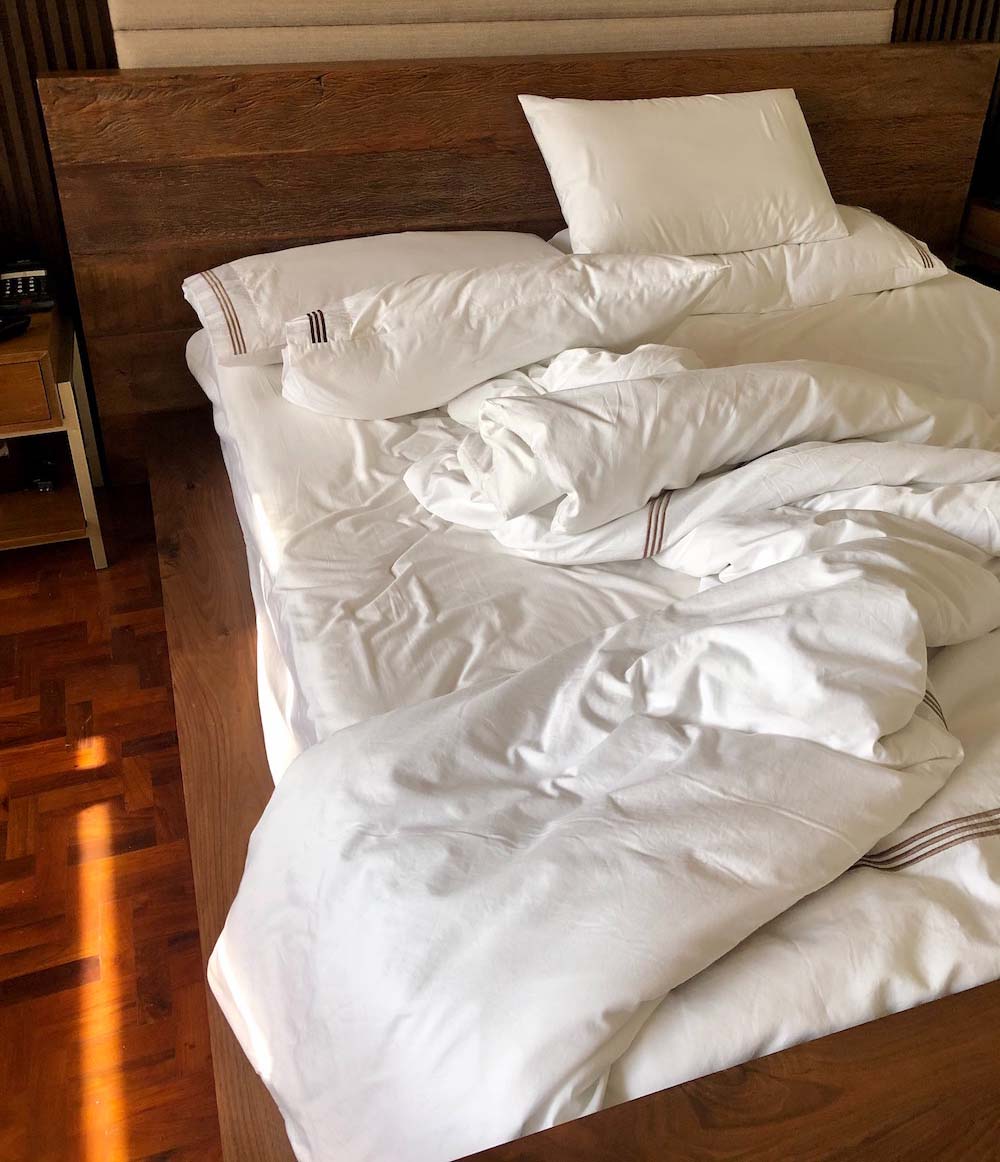Validation:
- the action of checking or proving the validity or accuracy of something
- recognition or affirmation that a person or their feelings or opinions are valid or worthwhile
As women, why do we seek validation from other women, and why do this opinions and compliments mean more to us than those that come from men?
I grew up with an older sister and we’re very close. To me, her opinion was sacrosanct. Whenever she complimented my outfit or if she liked my makeup, that gave me the confidence to try it again; the recognition from one woman to another that, yes, you’re doing good.
I’m also very close to my dad. He compliments me too. But whilst I trust his judgement, whilst it’s nice to hear, I never actively seek compliments from him, I never require his validation not in the way I do my sisters’.
My mother’s opinion has always meant more
The concept and importance of motherhood has been examined and analysed in sociological, anthropological and psychological studies for years. Understanding the way our mothers influence life as individuals, families and societies changes throughout cultures, arguments pushing for natural instincts, other for prescribed social constructs. Against the many theories, the curiosity into how our mothers influence or affect as individuals, families and societies has been the focal point of the career of many individuals and can’t be easily explained by me in these few hundred words.
“The best way for us to cultivate fearlessness in our daughters and other young women is by example. If they see their mothers and other women in their lives going forward despite fear, they’ll know it’s possible.” – Gloria Steinem
Instead, I call you to think on experience. With your mother, grandmother, stepmother, that one friend that always reminds you to drink water, god mother, aunt or sister. That drunk girl you met in a bathroom who complimented your shoes and made your day.
Why? Why does it matter if a random girl approves of your choice of shoe?
Because it’s an acknowledgement. From woman to woman. It’s support, empowerment, even if over a superficial thing like a shoe.
Why do we seek external validation?
As women, we tend to go through this world deflecting compliments, putting ourselves and invalidating ourselves. We modify our behaviours and attitudes to avoid coming across as narcissistic, self-centred or vain.
As we grow up, we face struggles with our bodies, our intelligence, our confidence. The aspects about us that are judged when we’re just girls affect the way we perceive ourselves as women. When disempowerment is internalized and we struggle to validate ourselves, we seek from external sources.
Why other Women?
There’s no ironclad reasoning for why women seek the validation of other women. It varies, as indeed, do women. You might be sat there reading this thinking, I don’t do that. That’s fine. Perhaps you don’t seek validation but can’t ignore the rush of warmth or affirmation you feel with you are.
Women have nothing to gain from complimenting other women. The validation comes without strings, without ulterior motives. Two women from completely different sides of the world with different looks, cultures and ideologies can stand face to face and find a way to complement each other, find a way to connect.
Personally, I take this from two aspects. The first, as the feminist recognition that we need to support each other. We need to stick together, act together. Look at women’s marches, look at #MeToo. We find ways to relate, connect and support. Because with the gender disparity that exists, and does so in just about every society, we look out for each other. And the best way of doing so, is through validation. Is through kindness and love and acceptance.
The second, and related to the above, is that my mother had never lied to me. Never sugar coated, never held back. If something was off, she’d tell me. If something was good, she’d tell me. It seems to run in the family. My grandmother offers her opinion, good or bad without judgement or bias. Truth. In its purest sense. Just about everything I’m doing, my grandmother did, my mother did, my sister is doing.
This trust that I place in the women in my life, that they will tell me what I need to hear, not what I want to hear, without expecting anything in return, is one the most genuine connections I have.
We learn from our mothers, from the women in our lives. They teach us how to stand for ourselves and speak for ourselves.
Opinionated mothers – how do you deal with them?
The flip side of this validation, is the negative affect of overly opinionated mothers. Parental control can turn us against forming these empowering relationships with other women. If you spend a lot of time being judged for your choices by the women in your life, why would you listen to others? For every time they have uplifted you, they might also tear you down.
Of course they could – if their opinion matters the most, a negative one can knock you down rather than boost you up. One wrong comment and you never wear that again, never speak your mind again or feel pressured to change your behaviour or taste.
Dealing with judgemental or opinionated family members is never easy.
When that judgement comes from someone close to you, your mother, mother in law, grandmother or aunt, it can be difficult to hear and impossible to avoid.
On a light example, my sister’s tattoos. She loves them, they express her, they define her. I like them a lot. Some members of my family, less so. My sister is the sort of person who has that natural ease of not letting people get to her. But I like to make sure that she hears the balance. When someone criticises her, I compliment.
You can never please anyone, even your own mother. You’ll never quite tick all the boxes or act the way they imagined you would. You’re your own person, subjective, individual. You are under no obligation to meet someone’s standards of you. But how do you not let this affect you?
Well, its difficult, something I’m still learning.
Remember that mother’s face judgement from the day they get pregnant, they are human, and they face criticism too. There is lots of advice out there for dealing with opinionated parents, from snide comments to more serious issues of emotional or psychological abuse. It may be that a casual sit down with them can enlighten them to any hurt caused, it may be that therapy is needed.
Importantly, their word is not gospel, and if you fail to receive validation and support from them, find it somewhere else, from yourself or from friends.
Shouldn’t we validate ourselves?
In an ideal world, yes. Women would not be so bogged down by judgement, prejudice, bias, gender roles, sexism and patriarchal views. We would not struggle to raise ourselves up, to have confidence and be unaffected by the pressures and expectations that are placed on us as we grow.
As women, we should absolutely validate ourselves. Build ourselves up and empower ourselves.
But that’s easier much easier to say that than live it; and it’s easier to do together.
‘A rising tide lifts all boats.’
When women empower each other, validate and support one another, incredible things happen.
And when a drunk girl in a bathroom tells you your dress is nice or when your grandmother compliments something you wrote, you sister something you painted; it sparks something inside of you. To explore the way you express yourself, to pursue your craft, the confidence to keep going.






